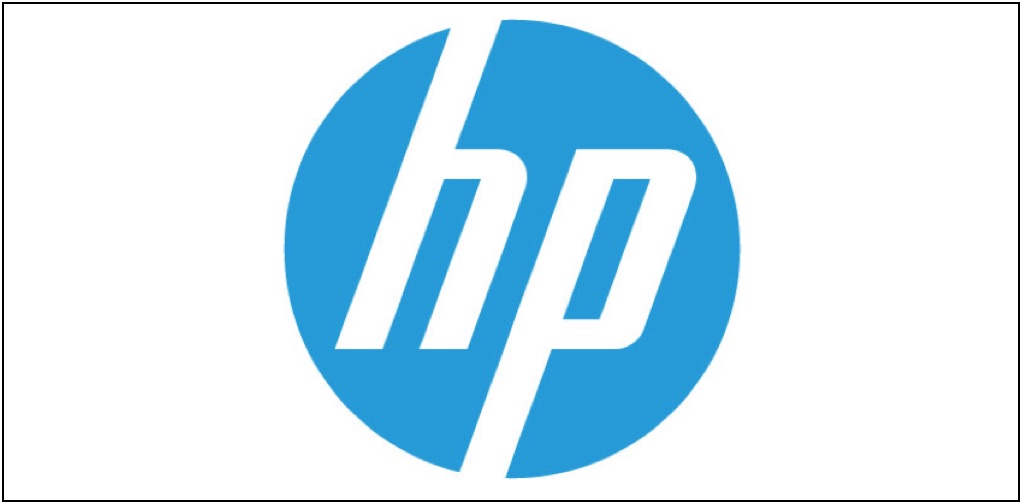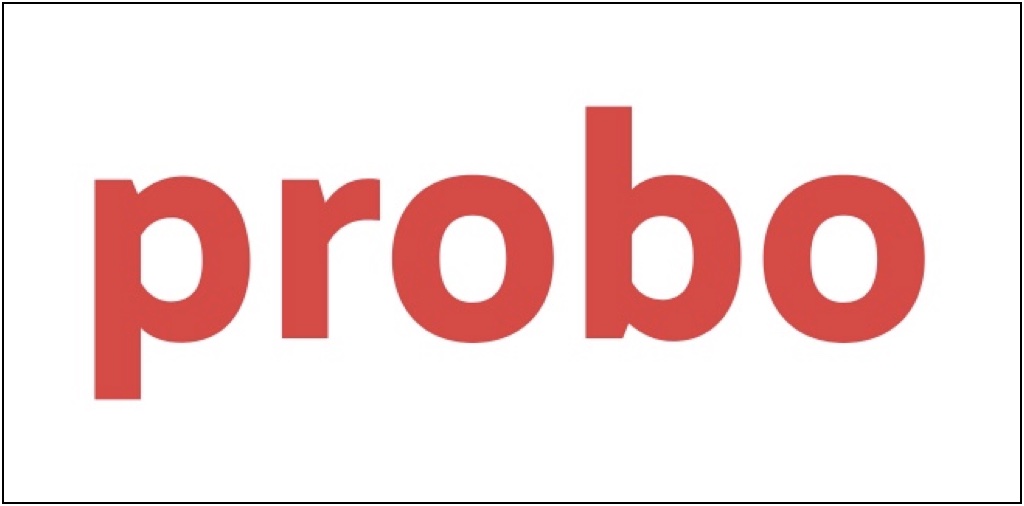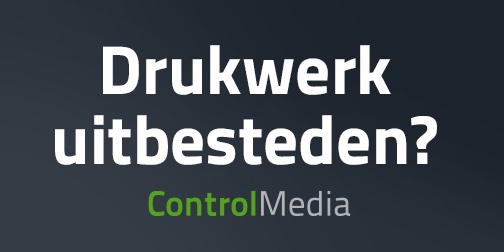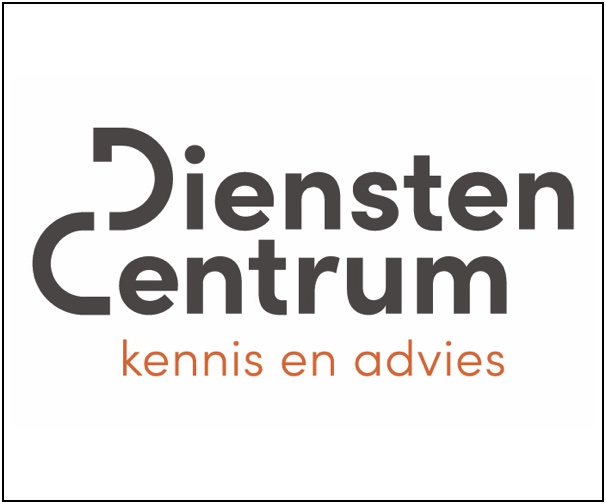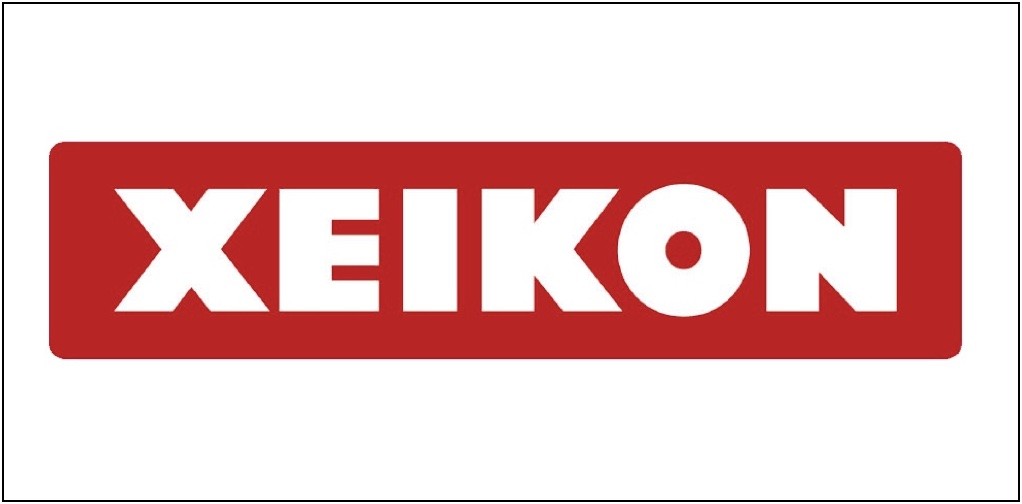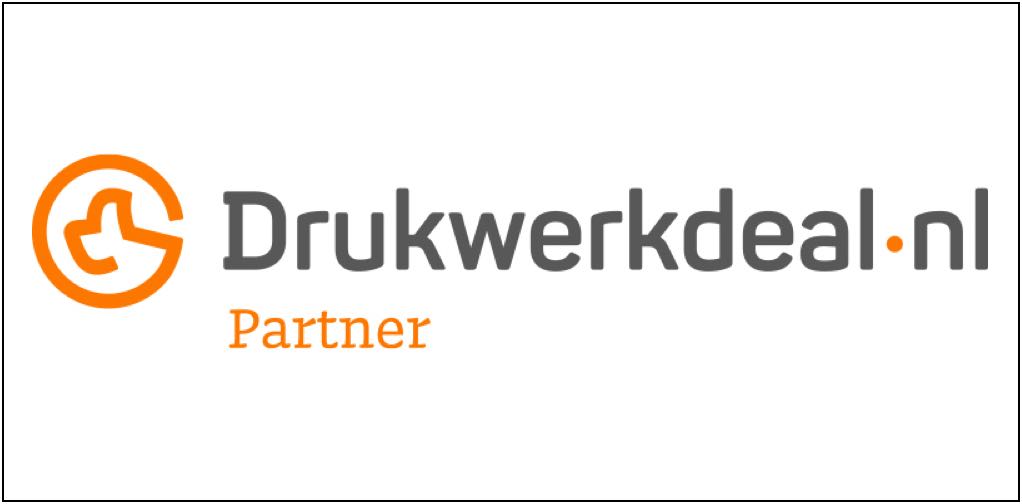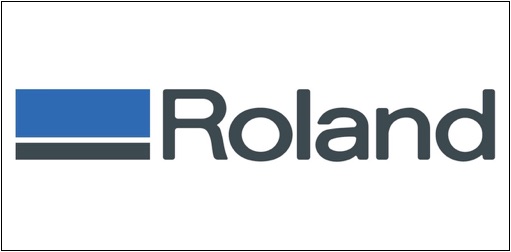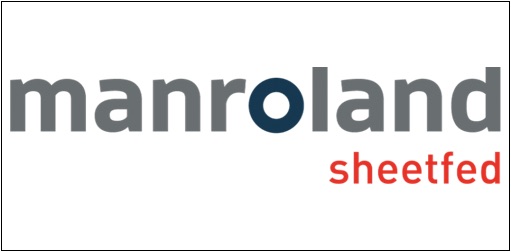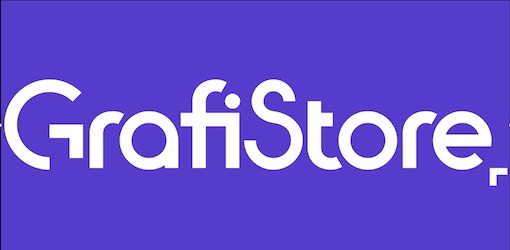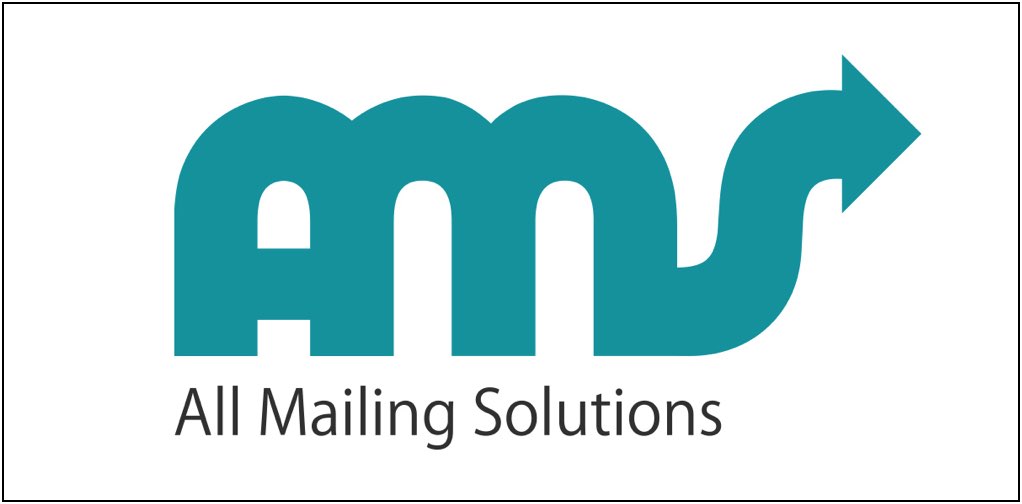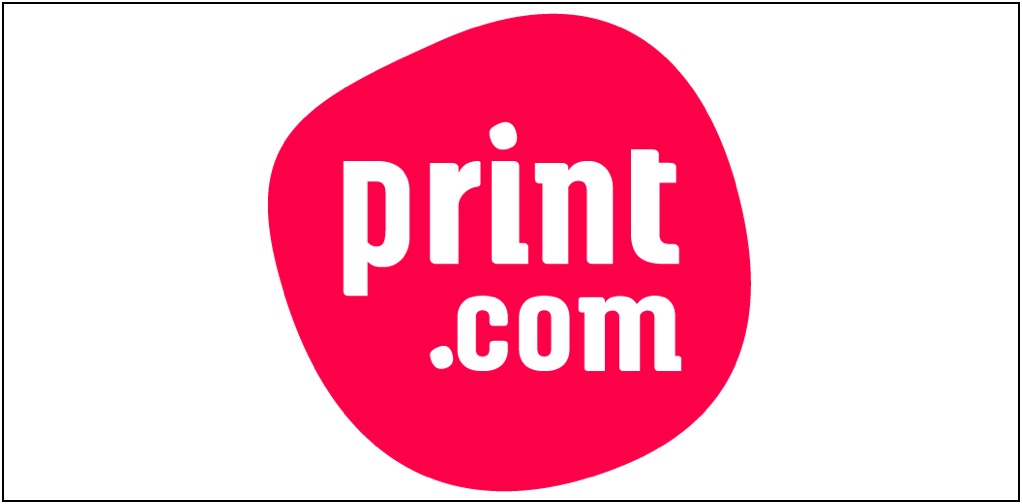Courts are not able to remove Google link
 KPMG partner Ewald van Hamersveld lost the court case against Google. He wanted Google to remove several links to articles about a dispute he had with a builder by appealing to his right to be forgotten.
KPMG partner Ewald van Hamersveld lost the court case against Google. He wanted Google to remove several links to articles about a dispute he had with a builder by appealing to his right to be forgotten.Van Hamersveld has had a house built in Naarden. From the beginning in September 2011 until completion in August 2012 he and his family lived in the house next door with three portacabins for extra space. Around April 2012 he got into a disagreement with the builder who subsequently demanded money and had the locks of the house changed.
The disagreement was published on the front page of De Telegraaf, together with a picture. The heading was “KPMG boss living in container” and can still be found on De Telegraaf´s website. Several papers and magazines copied the article either completely or partially.
Van Hamersveld is not very happy with all this attention. He experiences according to him “unpleasantness because of the unfair treatment of the builder”. His children are affected by this as well at school or at the sports club. When he meets new people he is often asked about it, he told the court.
He also found the publicity harmful for his career because new clients Google him and read about the container affair. He foresees that when looking for new work the search results will also harm him.
Google declined his request for removal. The URLs contain relevant information, are in the general interest and not obsolete. This made Van Hamersveld decide to go to court.
However, the court also declined the request. The right to be forgotten applies to the relevance of the search results and not to the content. The court also says that it cannot be used to have disagreeable but still valid content removed from the public eye by way of a court order.
According to the so-called Consteja ruling invidiuals can request that links be removed where the data is inaquate, irrelevant, no longer relevant or excessive in relation to the purposes for which it was processed and in light of the time which has elapsed. This relates to the search results relevant to the search request and not if the content of the found articles is inadquate, irrelevant or excessive.
Google says that the publications were made in a broader framework of different financial matters involving KPMG and the discussions about the financial morals of industry figureheads. Google also pointed to the article in De Telegraaf of 16 April 2014 about private investments of KPMG partners amongst whom Van Hamersveld.
Google also points to the various articles which were published in prominent national and local media. Those media thought it was “news” which means that Google sees this as an important factor in the relevancy of the search terms. Google evaluates an article in a national newspaper as higher in relevance than an article on a personal blog.
Google is not happy with the European rules and regulations. In January the company announced that it is not intending to remove the results which according to the European right to be forgotten should be removed from European pages from their international pages. European lawmakers are requesting this.
De trainingen voor 2022 staan gereed. Kijk voor het volledige online aanbod van bestaande- en nieuwe trainingen op de website.
BLOKBOEK.COM EN PRINTMEDIANIEUWS: HET OPTIMALE DOELGROEP BEREIK





